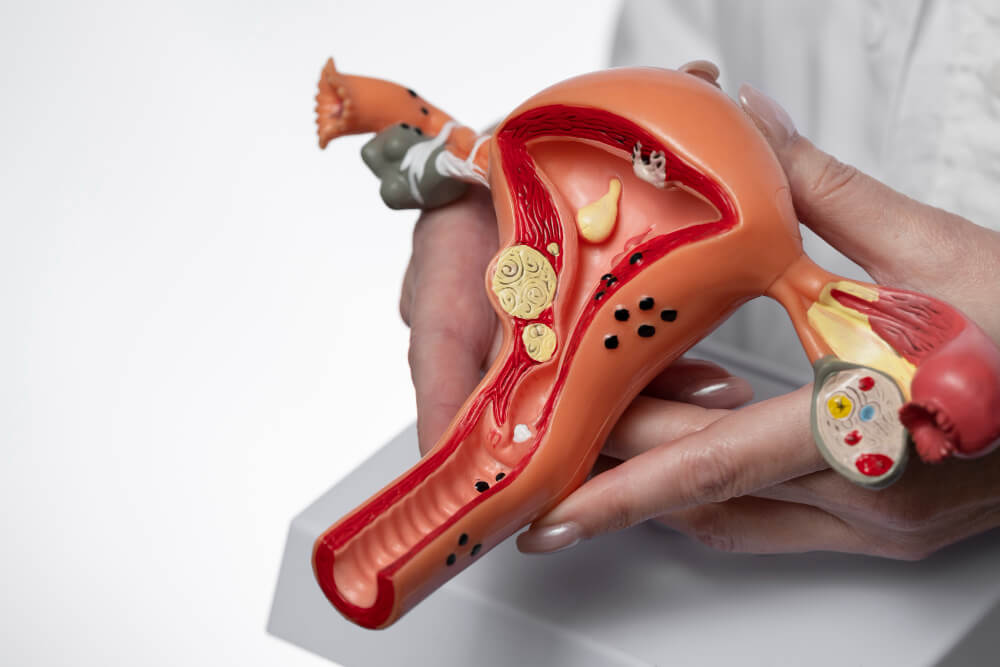Dentists Need Temporary and Permanent Dental Cement

Dental cement is used by dentists for a large number of orthodontic and dental applications. The use of this product, albeit not in the same form, had started as far back as the early part of the 20th century. Zinc phosphate was the material that first arrived in the form of dental cement in the market. Although available in the market, dentists advise that it should be applied by them and not by patients themselves.
Also Read : Natural Teeth Whitening at Homes
Uses of Dental Cement
It can be said that dental cement is a type of restorative material. The following uses make it necessary for a dentist to buy dental cement:
- Dental Fillings
- Pulp Capping
- Protective Cavity Liners
- Root Canal Treatments
- Bridges
- Crowns
- Inlays
Setting Time for Dental Cement
The time taken from the beginning of mixing till the time where the mixture gets to a suitable level of hardness is known as the setting time. In most cases, zinc phosphate cement takes 5-9 minutes at room temperature to set in the mouth.
Bridges, crowns, and inlays are kept in place through dental cement. They are very similar to different types of glues. Some of the properties of dental cement are as follows:
- Biocompatibility (must not be rejected by the body)
- Low Expansion
- Low Thermal Conductivity
- They need to look like the surrounding structures, which could begums or teeth
Also Read : How Much Do You Really Know About Your Teeth? 10 Terms to know
Some of the specific characters that must be present in dental cement are:
- Solubility must be low
- Reliability and durability with indirect restorations needs to be high
- Bond strength must be high
- Handling with respect to excess cement removal must be good
- Marginal sealing must be excellent
Biological Properties of Dental Cement
- Protecting the Pulp – The cement must never irritate the pulp, which means that thin mixes must not be used
- Neutral pH – The cement’s pH must ideally be neutral. Although most of the cement are acidic in the beginning, their acidic nature wears off over time, making them neutral.
- Response from the Pulp – A response that ranges from being mild to moderate, based on the cement’s use, is fine
Also Read : What is loose tooth treatment? How Does It Help?
There is no ideal dental cement as such. Each material has to be used according to its advantages and disadvantages. Also, no cement will be able to perform at the optimum level in the clinic without proper preparation, which includes retention form and good resistance.
Cement Quality
First of all, individuals need to ensure that they pay visits to reputed dentists. Such professionals will ensure that they always make use of the best quality of dental cement. Most individuals are already aware that good quality cement stays in the area where it has been applied, which could be in the space of a filling. Today’s materials adhere to the surface of teeth much better than ever before.
Purchasing Cement in Bulk
Dentists at clinics or large medical centers should purchase dental cement units in bulk. In this manner, they will be able to take advantage of discounted offers from time to time. Also, they will never have to worry about running out of stock since patient arrivals can be unpredictable.
Check Online and Personal References
All dentists are part of large dental communities from where a lot of information about latest tools and equipment is shared on a regular basis. This is a good place to know about the most suitable dental cement, in case unsure at present. Personal references are likely to come up with better options than online references.
Temporary and Permanent Dental Cement- What’s The Difference?
Dental cement can either be permanent or temporary, with minor differences between the two. Cement that has been prepared to bind through a series of compression and other activities is temporary. Compared to these, cement which forms chemical bonds in the mouth and cannot be removed is permanent. While temporary cement is able to keep dental implants in place for a few hours or weeks, permanent cement has the ability to fix dental implants. Once permanent cement is put on the implants, the dentist’s job is complete. Other than implants, crowns, and veneers can also be fixed with the help of permanent cement.
Permanent cement is suitable for lending style to dental or partial implants, making them suitable for teeth that are broken or chipped. In case permanent dental implants fall out, temporary cement can be used to put them in place. This is till the time the patient can get permanent cement put inside the mouth.
A dentist makes ample use of both temporary and permanent cement materials, implying that both are equally important for regular operations.
Constant Advancements in Dentistry
Technological upgrades are constantly taking place in the dentistry field. All dentists have to upgrade their skills in accordance with the same. The quality and resistance of cement material have improved over time.
Also Read:
- 5 Ways To Cure Acne At Home
- What is the Benefits of Watermelon for Health
- Some Rules of Weight Loss Everyone Should follow



